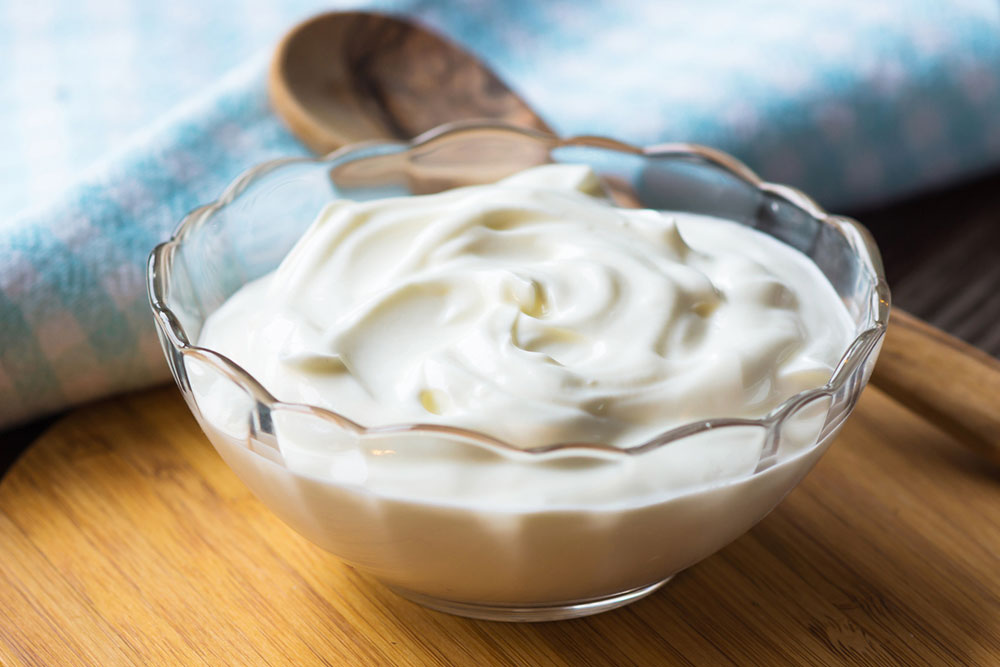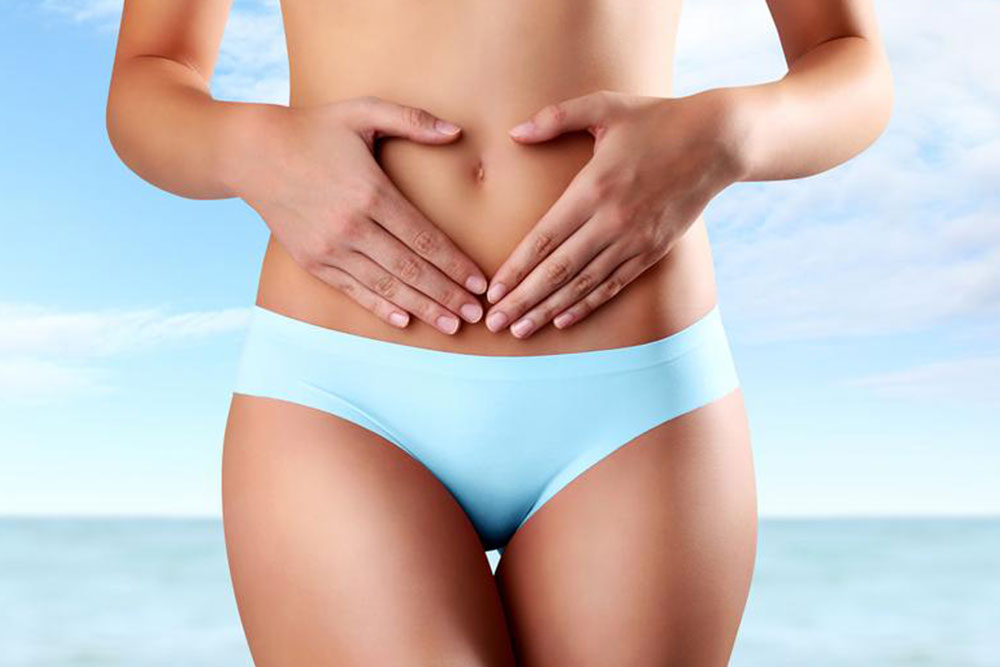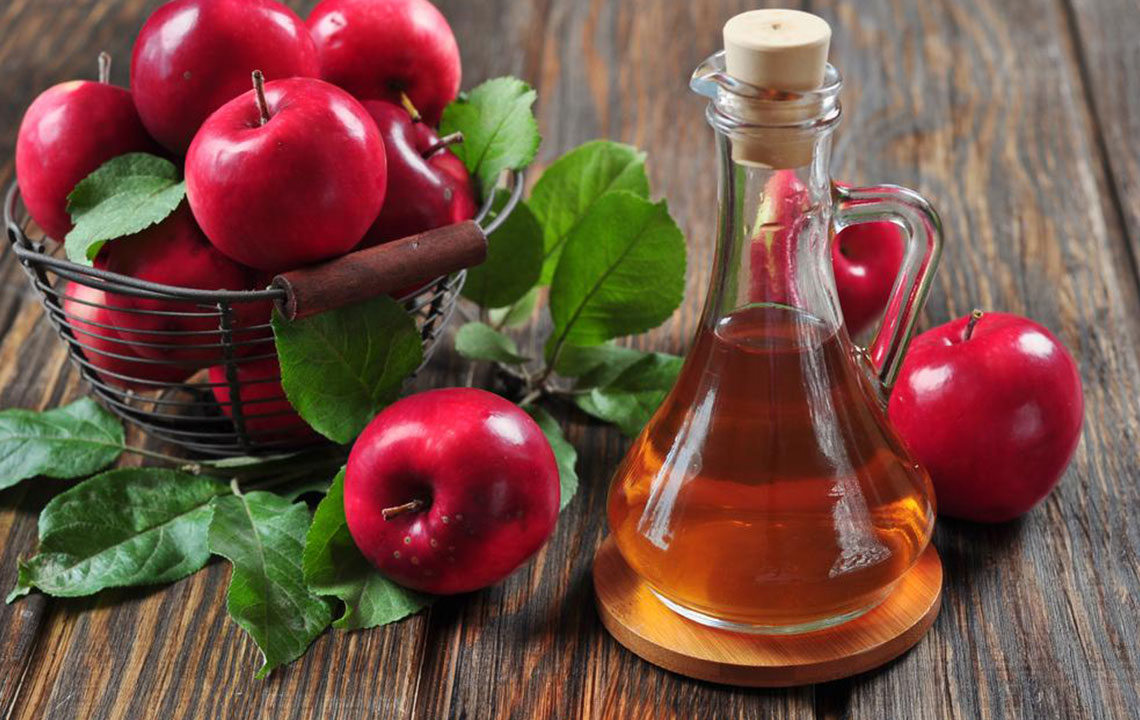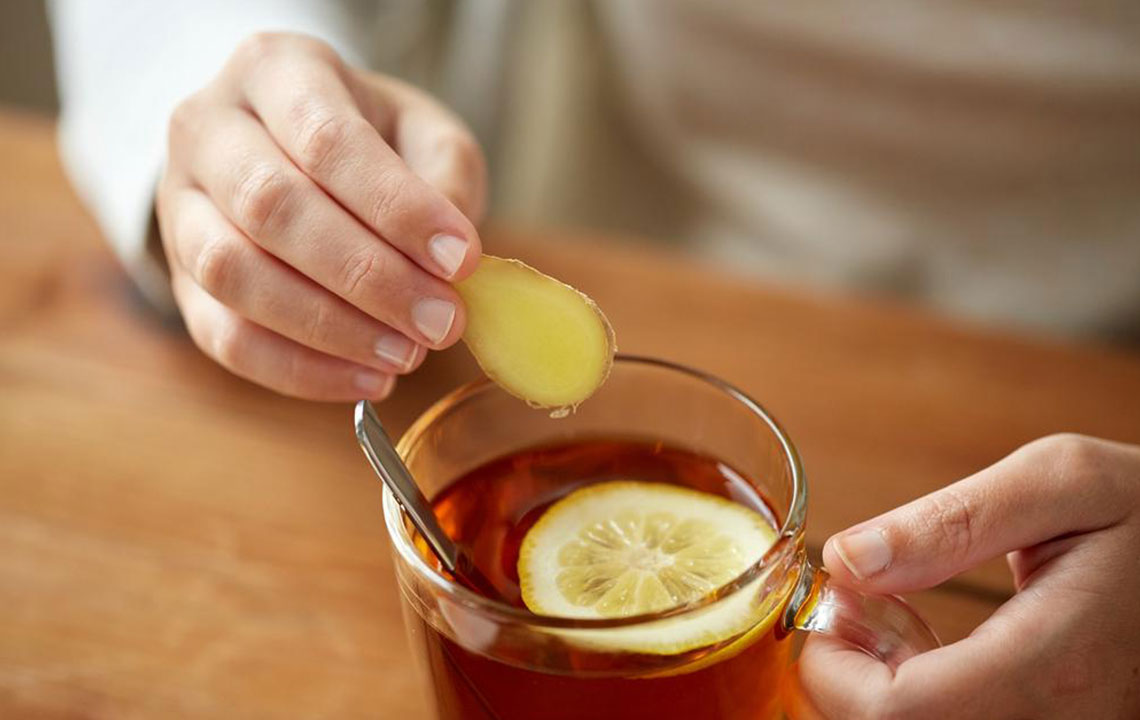Natural Ways to Manage Bacterial Vaginosis and Promote Vaginal Health
Discover effective natural methods for managing bacterial vaginosis, including probiotics, garlic, tea tree oil, and lifestyle tips. Learn how to support your vaginal health naturally and reduce the risk of recurrence with these safe, holistic approaches that complement medical treatment. Promote comfort, prevent infection, and restore microbial balance naturally through practical, herbal, and dietary strategies designed for women’s reproductive health.

Comprehensive Natural Strategies for Bacterial Vaginosis Relief and Vaginal Wellness
Maintaining a healthy vaginal environment is crucial for overall reproductive and sexual health. A delicate balance of beneficent bacteria in the vagina helps prevent infections and promotes comfort. However, when this microbial harmony is disrupted—often by an overgrowth of certain bacteria—bacterial vaginosis (BV) can develop. This condition is characterized by symptoms such as an abnormal grayish or off-white discharge, a foul fishy odor, and irritation or discomfort in the vaginal area. Recognizing these signs early and seeking medical advice is vital for effective treatment. In addition to conventional medical therapies, various natural remedies and lifestyle modifications can play a supportive role in alleviating symptoms and restoring vaginal health.
Understanding Bacterial Vaginosis
Bacterial vaginosis is one of the most common vaginal infections among women of reproductive age. It results from an imbalance in the vaginal microbiota, primarily characterized by a decrease in healthy lactobacilli bacteria and overgrowth of anaerobic bacteria such as Gardnerella vaginalis. Factors that may contribute to BV include hormonal changes, sexual activity, douching, use of antibiotics, and certain personal hygiene products. While BV is not considered a sexually transmitted infection, it is often associated with sexual activity and can increase susceptibility to other infections if untreated.
The Importance of Natural Approaches
While antibiotics and other medical treatments are essential for managing bacterial vaginosis, incorporating natural remedies can help support vaginal health, reduce recurrence, and promote overall well-being. These approaches aim to restore microbial balance, enhance immune response, and minimize irritations or discomfort associated with BV.
1. Probiotics: Restoring the Vaginal Microflora
Probiotics are beneficial bacteria that help maintain and restore the natural balance of bacteria within the vagina. Consuming probiotic-rich foods and drinks can significantly support vaginal health by increasing the levels of lactobacilli, which produce lactic acid, helping to maintain an acidic pH that inhibits harmful bacteria. Including daily servings of yogurt with live cultures, kefir, fermented vegetables such as sauerkraut or kimchi, and cottage cheese can enhance probiotic intake. Additionally, probiotic supplements formulated specifically for vaginal health are available and can be considered under medical guidance.
2. Boric Acid: An Adjunct for Recurrent BV
Research indicates that boric acid, when used correctly, may help prevent recurring bacterial vaginosis by lowering vaginal pH and inhibiting the growth of harmful bacteria. It is often used as an intra-vaginal suppository under medical supervision. It’s crucial to never ingest boric acid orally, keep it away from children, and consult your healthcare provider to determine appropriate use and dosage. Boric acid can be an effective supplementary therapy in cases where BV keeps returning despite standard treatment.
3. Garlic: Nature’s Antimicrobial Powerhouse
Garlic is renowned for its potent antimicrobial and antifungal properties. Its active compounds, such as allicin, help combat bacterial overgrowth associated with BV. Incorporating fresh garlic into your meals or taking garlic supplements can help bolster your natural defenses. As a natural remedy, garlic can support fighting off infection-causing bacteria and prevent the recurrence of BV. It is advisable to consult a healthcare professional for appropriate dosage and method of intake.
4. Tea Tree Oil: A Natural Antibacterial and Antifungal
Tea tree oil has been widely studied for its powerful antibacterial, antifungal, and anti-inflammatory properties. When used topically and properly diluted, it can help eliminate bacteria and fungi that cause or exacerbate BV symptoms. Always perform a patch test before application to check for allergic reactions. Do not insert undiluted tea tree oil into the vaginal area, as it can cause irritation. Medical guidance is recommended to ensure safe use and optimal results.
5. Apple Cider Vinegar: Supporting Vaginal pH Balance
Apple cider vinegar possesses antimicrobial properties that may help manage BV symptoms when used as a gentle rinse. Diluting apple cider vinegar with water (generally one to two tablespoons in a cup of water) and gently rinsing the external vaginal area can help restore an acidic pH balance. This natural method can support the environment in which healthy lactobacilli thrive and inhibit the growth of harmful bacteria. Precautions should be taken to avoid irritation or overuse.
6. Vitamin C: Enhancing Immune Function
Vitamin C-rich foods strengthen the immune system, helping your body fight infections, including bacterial vaginosis. Incorporate citrus fruits like oranges, grapefruits, and strawberries, along with berries, leafy greens, and bell peppers into your diet. Adequate vitamin C intake supports overall health and resilience against infections, reducing the likelihood of BV recurrence.
Additional Lifestyle Tips for Prevention and Management
Beyond remedies, small lifestyle changes can significantly reduce BV risks and promote vaginal health:
Choose breathable cotton underwear: Wearing natural fiber underwear allows better airflow, keeps the area dry, and reduces bacterial growth.
Practice good hygiene: Use mild, fragrance-free soaps and avoid douching, which can disrupt natural flora and pH balance.
Avoid irritants: Steer clear of harsh soaps, feminine sprays, or scented products that may cause irritation.
Change out of sweaty clothes promptly: Especially after exercise, to prevent bacterial proliferation.
Schedule regular gynecological exams: Monitoring vaginal health and catching recurrent issues early can prevent complications and promote well-being.
Women aged 15-44 should be attentive to symptoms of BV and seek medical advice when needed. Maintaining overall vaginal health through natural remedies and lifestyle adjustments can enhance comfort, prevent recurrence, and support reproductive health.





